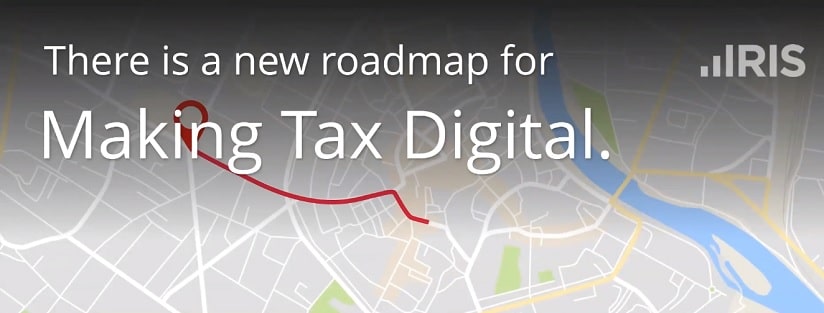MTD for Corporation Tax: HMRC seeks accountants’ views
Updated 22nd August 2024 | 3 min read Published 3rd December 2020

Accountants have been given 16 weeks to have their say on plans for Corporation Tax (CT) to become digital.
It’s the latest development in HMRC’s Making Tax Digital programme, following the release of a ‘roadmap’ in the summer.
MTD submissions for CT won’t be mandatory until at least 2026, the consultation document reveals.
Officials estimate 85% of entities within the scope of CT rely on agents to help fulfil their tax obligations, making accountants’ views on the subject all the more important.
What does the MTD for Corporation Tax consultation contain?
The consultation is 42 pages long and has 22 questions posed by HMRC, including wanting feedback on:
- Aligning filing dates for tax and company law purposes
- The importance of iXBRL tagging in accounts and computations and whether penalties should be charged when tagging is incomplete or inaccurate
- Whether charities, CACs and other not for profit organisations should be within the scope of MTD for CT.
These are just some examples of the critical areas HMRC is looking at changing as a part of MTD, so it is really important that you you’re your say now before it’s too late.
What’s the background to MTD for Corporation Tax?
A number of taxes are being made digital. MTD for VAT was the first part (in April 2019) and now it is being extended further to:
- All VAT registered businesses regardless of turnover – coming in April 2022
- Income Tax Self-Assessment – coming in April 2023
- Corporation Tax – pilot begins in April 2024, becomes mandatory no earlier than April 2026
You can see Making Tax Digital step by step on our dedicated web page here.
Why is HMRC proposing Corporation Tax becomes digital?
Firstly, lost taxes through ‘avoidable error’. These amount to £8.5bn, HMRC officials state, with 2.1bn of this connected to CT alone.
HMRC says the move to MTD can “act as a catalyst for wider digital integration, helping to eliminate existing paper-based processes”.
In turn this will make it “easier for businesses to pay their tax and allowing them to cut costs and devote more time and attention to maximising business opportunities, encouraging growth and fostering good financial planning”, officials wrote.
The consultation also cites estimates from The Confederation of British Industry that boosting the productivity of UK small and medium-sized enterprises to match that of Germany could add as much as £100 billion to the economy.
What will the scope of MTD for Corporation Tax be?
HRMC proposes “all entities within the charge to CT should, in principle, be within the scope of MTD” to ensure it “fully realises its potential to protect revenue, increase productivity and bolster the resilience of the tax administration system”.
Therefore the scope would include:
- all companies resident in the UK
- the activities of non-resident companies in the UK
- other corporates that, under UK domestic legislation and tax treaties, are subject to a UK CT charge.
How long is the consultation running for?
The consultation will run for 16 weeks from 12 November 2020 to 5 March 2021.
What comes after the consultation?
Stakeholders will be invited to take part in a pilot.
How do I respond to the consultation?
Firstly, you can find the full document online here, including details of how to write by post.
Responses can be emailed to makingtaxdigital.consultations@hmrc.gov.uk
What is IRIS doing about MTD?
In 2018, IRIS became the first software vendor to be listed as recognised by HMRC for MTD filing. Rowleys Chartered Accountants, a long time IRIS customer, became the first UK accountancy practice to complete a quarterly MTD filing submission using IRIS Personal Tax.
We continue to work closely alongside HMRC, and we’ll ensure every change included in the MTD expansion is reflected in our software.
.
